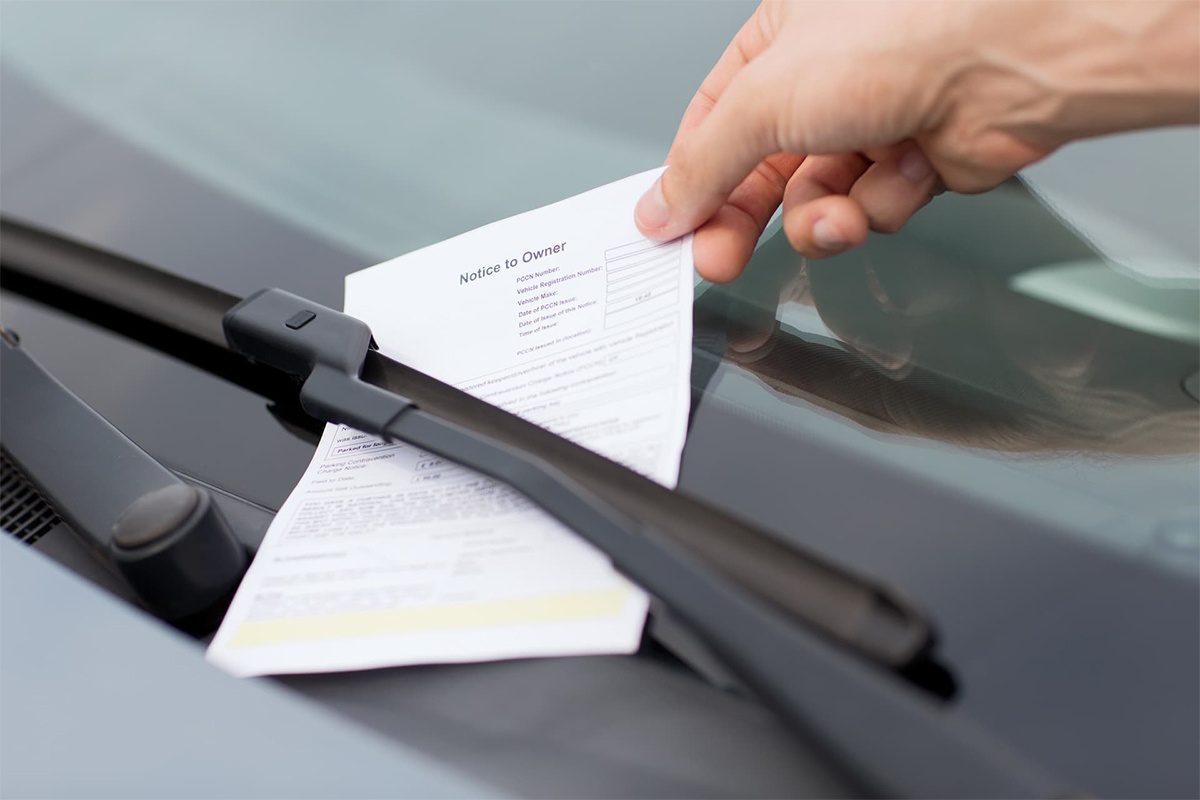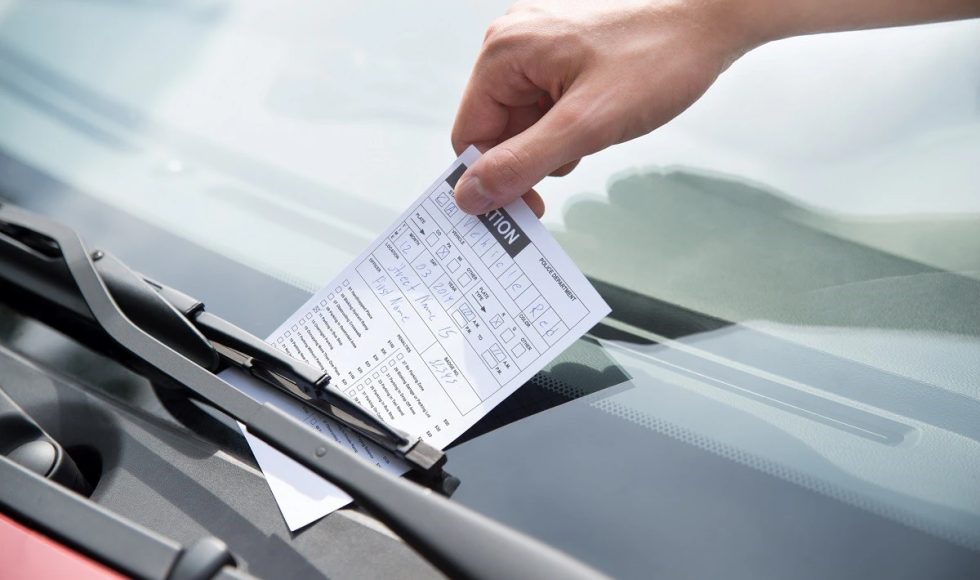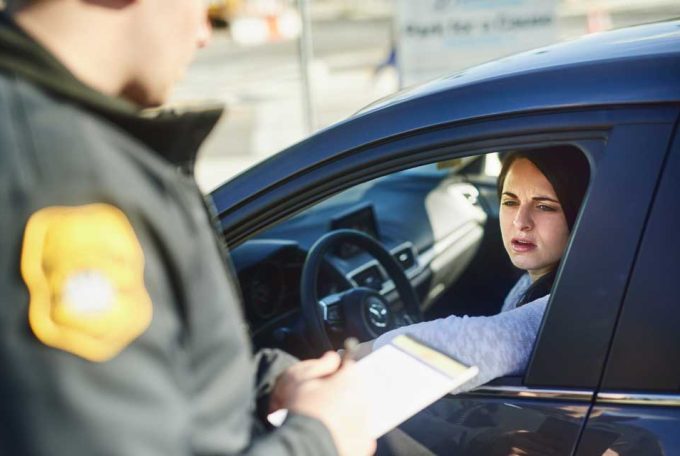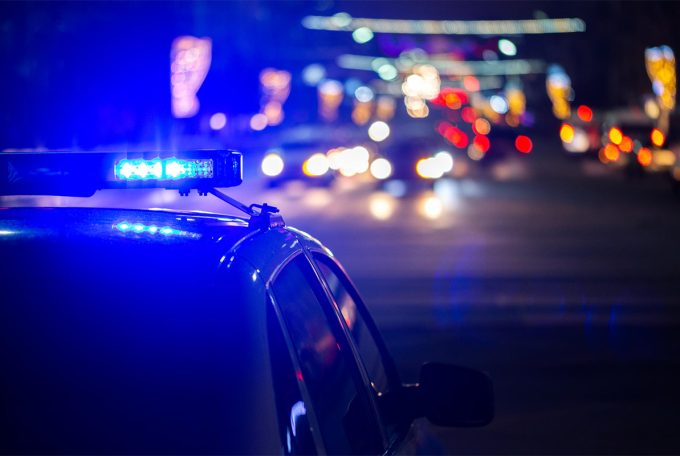We’ve all been there – that sinking feeling when you see those flashing lights in your rearview mirror and realize you’ve been pulled over for speeding. In Shreveport, Louisiana, as in many other places, receiving a speeding ticket can lead to fines, increased insurance rates, and points on your driving record.
However, many people don’t realize that there are legal avenues available to potentially dismiss that speeding ticket. While it’s essential to obey traffic laws and drive responsibly, understanding the legal loopholes and strategies for challenging a speeding ticket can make a significant difference.
Here, we will explore some of the legal loopholes and defenses that can help you potentially dismiss or reduce your Shreveport speeding ticket, giving you the knowledge you need to navigate the system and, when appropriate, fight for a favorable outcome.
Legal Loopholes for Dismissal of a Shreveport Speeding Ticket
When faced with a speeding ticket in Shreveport, it is important to be aware of the legal grounds for dismissal. Understanding these loopholes can help individuals challenge the validity of the citation and potentially have it dismissed.
Insufficient Evidence
When it comes to addressing a speeding ticket, one potential legal loophole to explore is the concept of “insufficient evidence.” In legal proceedings, insufficient evidence refers to a lack of proof or information that would establish guilt beyond a reasonable doubt. This concept is not limited to criminal charges but can also apply to traffic violations such as speeding tickets.
If you receive a speeding ticket, review all evidence associated with the case. This includes examining the police officer’s report, any photographic or video evidence, witness statements, or any other relevant documentation. By carefully analyzing the evidence, you can determine if there are grounds to suppress certain pieces of evidence or if there is simply not enough evidence to convict.
In the case of insufficient evidence, you may have a defense strategy to challenge the legality or credibility of the evidence, ultimately leading to a dismissal of the ticket. For example, if the speed-measuring device used by the officer was not properly calibrated or if there were errors in documentation, it could weaken the prosecution’s case.
Unlawful Traffic Stop
An unlawful traffic stop refers to a situation where law enforcement officers stop and search civilians without proper legal justification. These stops infringe upon individuals’ rights and are considered a violation of their Fourth Amendment protections against unreasonable searches and seizures. [1]
There have been numerous instances where it has been proven that traffic stops were conducted unlawfully. One example is when an officer stops a vehicle solely based on the driver’s race or ethnicity. Racial profiling or discriminatory stops are considered unlawful and unconstitutional.
Another example is when officers stop a vehicle without reasonable suspicion or probable cause. For instance, if a driver is pulled over simply because they “look suspicious” or because their vehicle matches the general description of a suspect, it can be deemed an unlawful stop.
Proving the illegality of a traffic stop is required in challenging and possibly dismissing a traffic ticket. If it can be demonstrated that the stop and subsequent search were conducted without proper legal justification, the evidence obtained from it may be suppressed, potentially leading to a dismissal of the ticket.
Consequences for law enforcement officers who engage in unlawful traffic stops can vary. They can face disciplinary actions, civil lawsuits, and the potential loss of their credibility as witnesses in future cases.
Improperly Issued Citation
If you believe that your traffic citation was improperly issued, there are steps you can take to address the situation. Common mistakes on a citation that may render it improper include missing or incorrect information, such as the date, time, location, or violation description.
If this occurs, you will need to file a motion to dismiss with the court. This motion should outline the reasons why you believe the citation was improperly issued, providing evidence and arguments to support your claim. Meeting all deadlines and following the court’s required procedures for filing the motion is vital.
Be prepared to attend the court hearing where your case will be heard. Present your evidence and arguments clearly and confidently, pointing out any mistakes or inconsistencies in the citation that support your case. It is important to remain respectful and professional throughout the process.

Mechanical Errors on the Citation
Mechanical errors are common in speeding ticket citations and can potentially be used as a legal loophole for dismissal. These errors can range from minor typos to more significant mistakes that may invalidate the ticket. Examples of mechanical errors on a speeding ticket citation in Shreveport can include incorrect license plate numbers, inaccurate vehicle descriptions, or misidentified locations.
Minor mechanical errors, such as a misspelled name or minor discrepancies in the ticket details, may not have significant consequences on their own. However, they can raise doubts about the accuracy and reliability of the citation. These errors can be used to question the credibility of the ticket and potentially lead to its dismissal.
More substantial mechanical errors, such as incorrect vehicle information or misidentification of the location, can have more severe consequences. These errors can directly impact the accuracy and validity of the citation, making it more likely to be dismissed. For example, if the ticket lists the wrong make or model of the vehicle, it could be argued that the citation does not accurately reflect the circumstances of the alleged offense.
Defect in the Officer’s Authority to Serve a Summons
Challenging a speeding ticket in Shreveport based on a defect in the officer’s authority to serve a summons requires a careful examination of the summons and the process of its delivery. Proper service of a summons is vital to ensure that an alleged offender receives adequate notice of the charges being brought against them.
There are specific requirements for the proper service of a summons, and any defects in this process can potentially invalidate the ticket. Common defects that may invalidate a ticket include improper delivery of the summons, failure to deliver the summons within the required time frame, or serving the summons on someone other than the alleged offender.
For example, if the officer did not personally serve the summons to the alleged offender and instead mailed it, it can be argued that the officer lacked proper authority to issue the ticket. Similarly, if the summons was not delivered within the specified period of time, it may be considered improper service.
Error in Procedure by the Court or Prosecuting Attorney
When it comes to handling a speeding ticket case in Shreveport, errors in the procedure can sometimes occur, both by the court and the prosecuting attorney. These mistakes can potentially provide legal grounds for the dismissal of the ticket.
One common error is the failure to properly serve the summons. In order for a ticket to be valid, the alleged offender must be personally served with the summons. [2] If the officer did not personally serve the summons and instead mailed it, it can be argued that the officer lacked proper authority to issue the ticket. Furthermore, if the summons was not delivered within the required time frame, it can be considered improper service.
The court or prosecuting attorney might make mistakes during the trial itself. This can include procedural errors such as failing to properly enter evidence or failing to follow proper courtroom protocol. These errors can lead to a dismissal if they violate the defendant’s rights or hinder the ability to present a proper defense.

Technical Problems with Equipment Used to Measure Speed
When it comes to dismissing a speeding ticket in Shreveport, one avenue to explore is the potential technical problems that can arise with the equipment used to measure speed. These issues can create doubts about the accuracy and reliability of the speed reading, ultimately leading to the dismissal of the ticket.
Calibration errors: One common technical problem is calibration errors. Speed measuring devices need to be calibrated regularly to ensure accurate readings. If there are any doubts about whether the device used to measure the alleged speeding was accurately calibrated, it can raise questions about the validity of the speed reading.
Malfunctioning Devices: Like any equipment, speed measuring devices can experience glitches or failures. If there are indications or evidence that the device used was malfunctioning at the time of the alleged offense, it can cast doubt on the accuracy of the speed reading and be used as a defense.
There can be general inaccuracies in the readings obtained from the speed-measuring equipment. Factors such as heavy traffic, weather conditions, or interference from other nearby devices can affect the accuracy of the speed reading, potentially leading to incorrect ticket issuance.
Responsible driving should be the primary goal. Dismissing a speeding ticket may provide temporary relief, but adhering to speed limits and traffic regulations is the best way to ensure your safety and that of others on the road.
If you find yourself facing a Shreveport speeding ticket, it’s essential to be aware of your rights. You can seek expert legal counsel by contacting our experienced speeding ticket attorneys at Louisianaspeedingticket.com. We will help you explore the legal loopholes that may be applicable to your specific situation.
Sources:
[1] What Does the Fourth Amendment Mean? (n.d.). United States Courts. https://www.uscourts.gov/about-federal-courts/educational-resources/about-educational-outreach/activity-resources/what-does-0
[2] C. (n.d.). Summonses in criminal prosecutions. https://www.citizensinformation.ie/en/justice/criminal-law/criminal-trial/summons/





